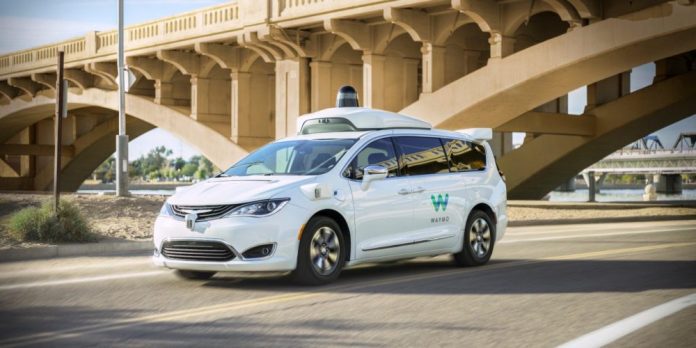Waymo, Google’s self-driving car startup, is encountering resistance in its efforts to bring its round-the-clock robotaxi service to other regions of California. Several of these instances have fueled public authorities’ safety concerns about the vehicles arriving in their towns.
Over eight days in February, a Waymo vehicle smashed into a closing gate as it exited the University of Southern California campus; the following day, another collided with a cyclist in San Francisco. A group of protesters vandalized and set one of its cars on fire later that week. A few days later, the business declared a voluntary software recall in response to a Phoenix pickup vehicle incident.
This series of incidents, which did not result in any significant casualties, follows Waymo’s primary rival, General Motors-owned Cruise, recalling its fleet of autonomous vehicles last year after striking, dragging, and seriously hurting a pedestrian who had been thrown into its path by a hit-and-run driver. Because Waymo is currently the only business attempting to expand 24/7 robotaxi service throughout California, despite strong opposition from local governments, the repercussions from that disaster have brought the company more attention.
According to David Zipper, a senior fellow at the MIT Mobility Initiative, “Waymo sets the benchmark in the robotaxi industry.” Despite concerns over safety plaguing autonomous vehicle firms, Waymo’s track record remains superior to Cruise’s alleged incidents.
The California Public Utilities Commission (CPUC) postponed its decision on Waymo’s expansion plans, encompassing a major highway and Los Angeles and San Mateo counties. Waymo attributes the delay to the CPUC’s thorough review process. Still, apprehensions persist as other regions fear replicating San Francisco’s challenges with self-driving cars disrupting emergency scenes and causing traffic congestion.
The San Mateo County Board approved a bill allowing local governments to decide whether or not to enable autonomous vehicles on their roads. Other organizations have requested a slowdown in the growth of autonomous taxi services.



